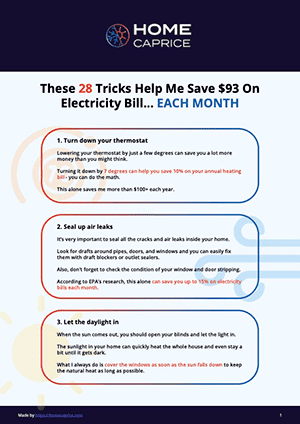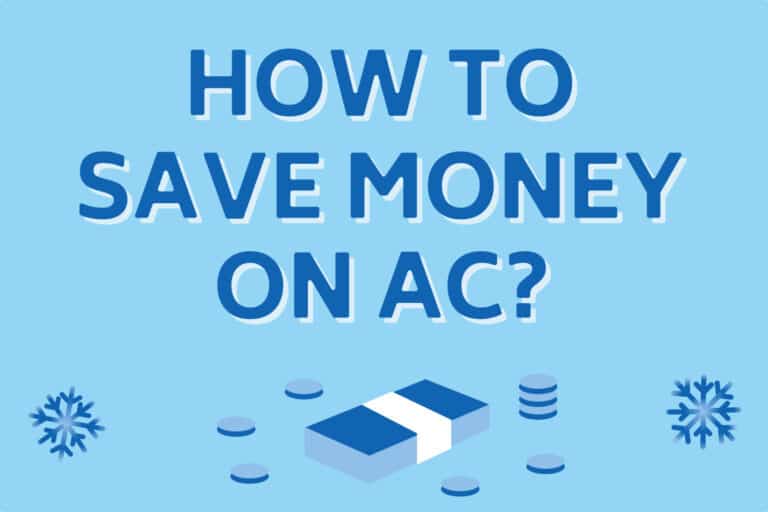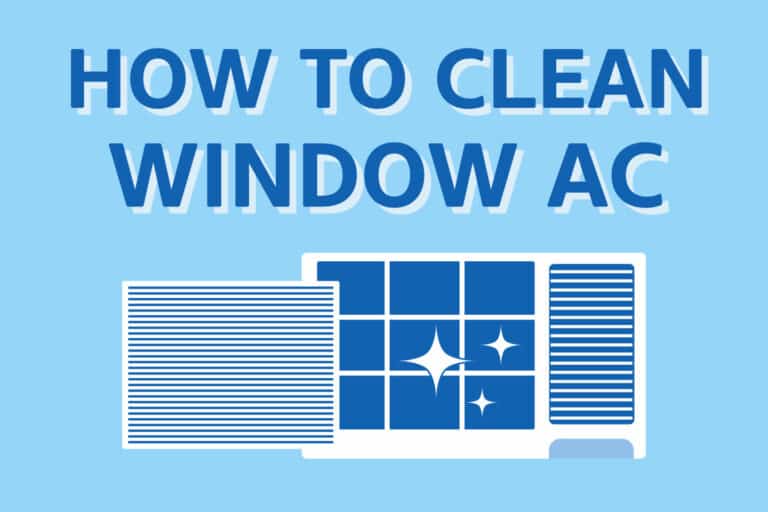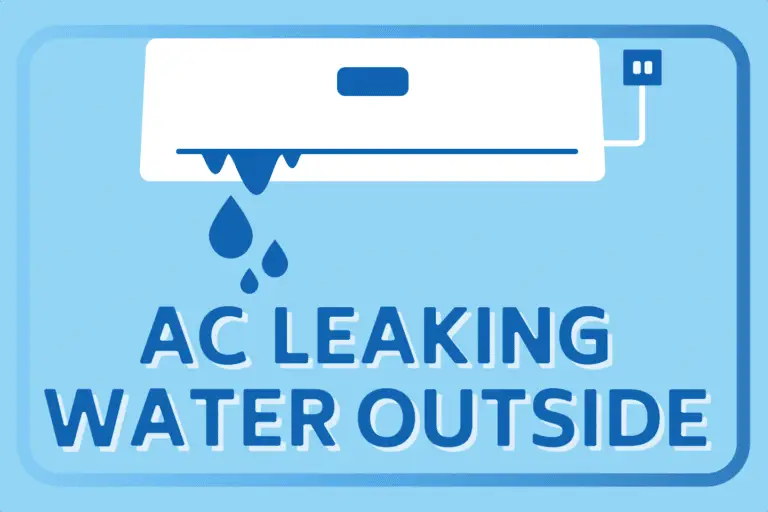If you recently noticed that your air conditioner isn’t cooling below 75°F or any other temperature – you’re definitely not the only one.
There are multiple reasons why your HVAC system can’t run below certain temperatures and it usually has to do with poor maintenance.
Don’t worry if you didn’t maintain your unit often, you can still fix the issue by yourself.
Keep reading to find out the most common reasons and solutions for this type of issue.
7 Reasons Why Your Air Conditioner Isn’t Cooling Below 75°F
1. Dirty air filters
If you haven’t cleaned your air filters for a while, it might be the reason why your AC isn’t cooling below 75°.
They collect a lot of dust and dirt and it can quickly pile up which blocks a lot of cold airflows.
It might be the case that your air filters are already damaged, so you should buy a new one as they’re pretty affordable and have a huge impact on this issue.
Cleaning your air filters is a smart way to increase airflow.
2. Tripped circuit breakers
Something might have tripped your circuit breaker for whatever reason.
You should inspect it and check the breaker of your air conditioner.
Even if it seems okay, still manually check it by holding the breaker and see if it’s hard to move or easy.
If it’s not stuck, simply pull it down and push it back up.
3. Thermostat issue
A lot of people underestimate the thermostat, but it’s definitely one of the most important parts of your cooling system.
If you have a battery-powered thermostat, it’s probably that the voltage dropped and there’s not enough power to maximize the performance of your AC.
You should replace the batteries and test if the thermostat works then.
Also, it might be that your AC is showing faulty readings.
Sometimes you might need to re-calibrate it or buy a completely new one.
4. Clogged drain line
You can recognize clogged drain lines if your AC suddenly keeps stopping from pushing the cold air throughout the room.
The issue here is that unclogging your drain lines isn’t an easy task and you’ll most likely need to hire a professional.
5. Refrigerant leaks
If there’s ice building up on your refrigerant line, you probably have some leaks inside of your HVAC system.
After some time, evaporator coils will be frozen and there can be a lot more damage.
Detecting a leak before complete damage is a huge money saver, so you should check it out immediately.
A refrigerant leak is also one of the biggest reasons why your AC might leak water.
However, if you have a leak, you should completely shut down your AC system and seek professional help.
6. Not the right size
This is the case with new units that you’ve bought and it might not have enough cooling capacity.
The power of the air conditioner is displayed in BTUs, so it could be possible that you need a larger cooling system.
Here’s a quick way to calculate the ideal AC size for your room.
7. Faulty compressor
The compressor is something you need to pay attention to because if it’s faulty – your whole AC won’t work properly.
The main reason behind the faulty compressor is overheating.
When the compressor overheats, it can’t be efficient as before, or even worse – it stops working completely.
A good thing is that it isn’t hard to avoid this.
Simply install proper ventilation around the compressor and clean it often to prevent debris from collecting.
Another thing that causes faulty compressors is faulty wiring.
From my experience, this is usually the case with older units. You can check this thermostat wiring guide and do it by yourself, or you can seek professional help.
3 Helpful Maintenance Tips To Avoid This Issue
Here are the 3 easy maintenance tips that can help you completely avoid this issue in the future:
- Keep coils clean: You should clean both evaporator and condenser coils often. They’re located in the outdoor unit and you should clean them at least every 3 months. Also, check out the best coil cleaner.
- Check drain lines regularly: A simple way to remove obstructions is to stick a wire through these lines. A lot of modern systems allow you to use a cleaning brush to clean it properly.
- Protect your AC in winter: A lot of times leaves can get inside your system and block a lot of lines and coils. Just put something on the top of your unit to prevent leaves from piling up and blocking important holes.
Other than that, make sure to regularly clean and inspect your unit.


Download this FREE cheat sheet to find 28 tricks that can help you save on your electricity and heating bill each month.
Click here to get a FREE Cheat-Sheet


